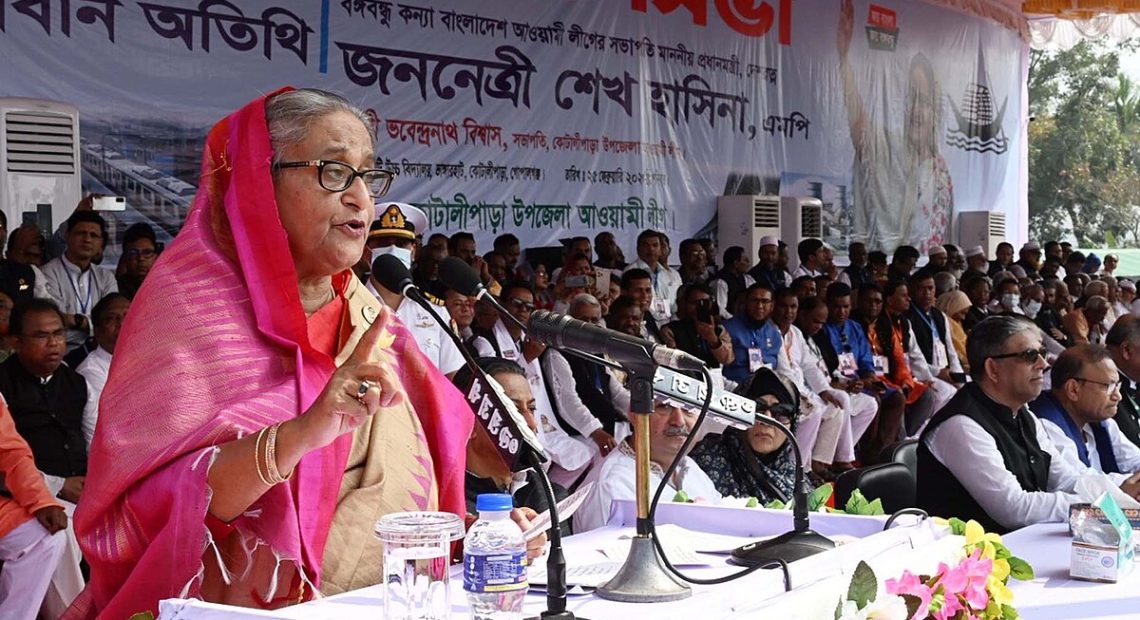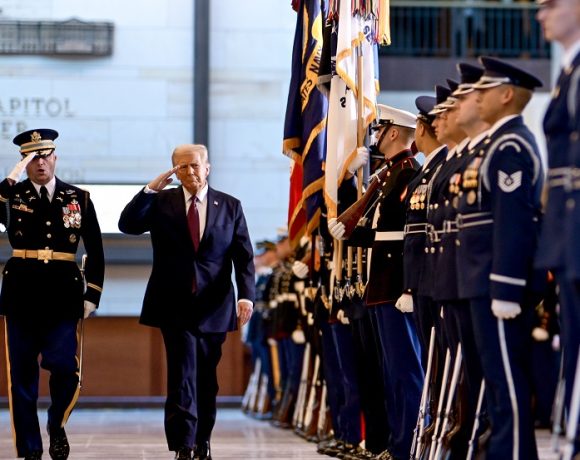
Sheikh Hasina Accuses Interim Leader Muhammad Yunus of Genocide
Former Bangladesh Prime Minister Sheikh Hasina, in her first public address since stepping down in August, accused interim government leader Muhammad Yunus of genocide and the systematic persecution of minorities.
Speaking virtually at a “Bijoy Dibos” (Victory Day) event in New York, Hasina also alleged corruption and power abuse by Yunus, marking a new chapter in their longstanding political rivalry.
Yunus Accused of Minority Persecution
In her address, Hasina criticized Yunus for failing to protect religious minorities, including Hindus, Buddhists, and Christians. “Hindus, Buddhists, Christians – no one has been spared. Eleven churches have been destroyed, temples and Buddhist shrines have been broken,” she alleged. She also referred to the arrest of Hindu monk Chinmoy Krishna Das, stating, “What is this persecution of minorities for? Why are they being ruthlessly persecuted and attacked?”
Hasina claimed that Yunus orchestrated violence against minorities and accused him of being complicit in the arrests of those protesting the attacks, including religious leaders. These allegations come amidst heightened tensions following the arrest of Das on sedition charges and subsequent clashes that left a Muslim lawyer dead.
Overthrow and Threats to Personal Safety
Recounting her dramatic ouster from office on August 5, Hasina described how armed protesters stormed her official residence, Ganabhaban, forcing her to flee. “I told [the guards] not to fire, no matter what happened,” she said, noting that she and her sister narrowly escaped an assassination attempt. She likened the situation to the 1975 assassination of her father, Sheikh Mujibur Rahman, and other family members.
Hasina accused Yunus of exploiting the student-led protests to seize power and described him as “power-hungry” and corrupt, reiterating her long-standing allegations of financial misconduct related to his Grameen Bank operations.
Escalating Political Tensions in Bangladesh
Since Hasina’s overthrow, her supporters and minority communities have faced increasing violence. The arrest of Das in October, allegedly for raising a saffron flag above the Bangladeshi national flag, has fueled further unrest. His denied bail and postponed hearing to January 2 have sparked clashes, resulting in arrests and fatalities.
Hasina’s speech underscores the deepening political and social divides in Bangladesh, with rising concerns over minority rights and governance. As the country navigates this volatile period, Hasina’s allegations against Yunus add further complexity to Bangladesh’s political landscape.


















